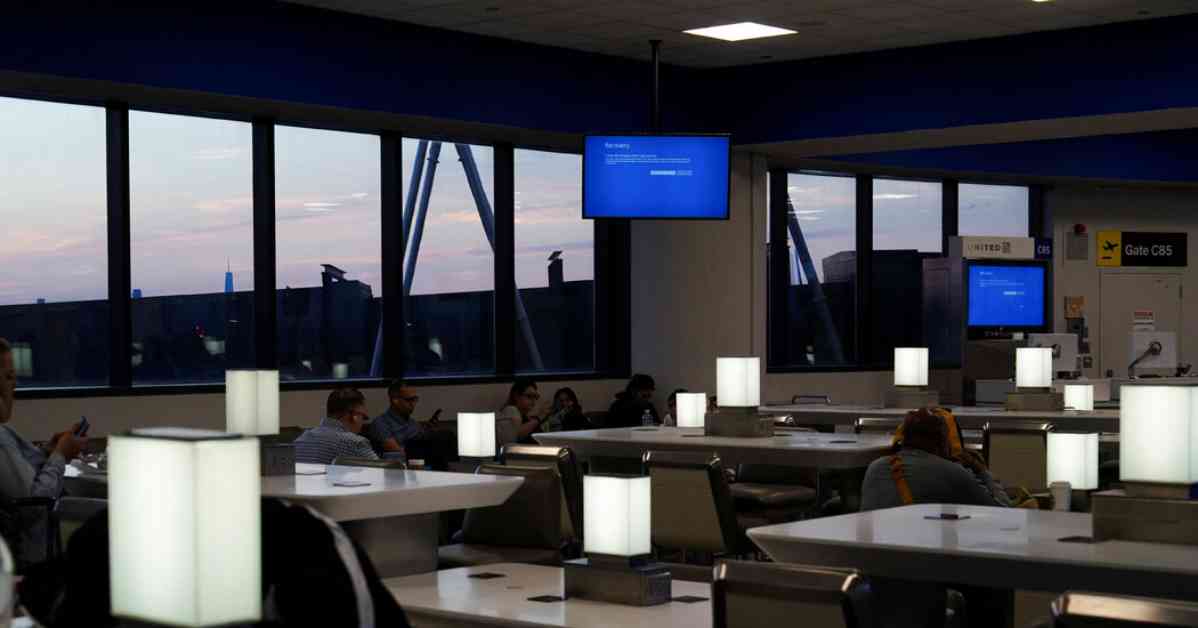The recent global software outage that occurred this week serves as a stark reminder of how fragile our everyday systems can be. Unlike the dramatic scenarios often portrayed in movies, this outage was not caused by malicious intent or high-tech sabotage. Instead, it was simply the result of a routine software upgrade gone wrong.
CrowdStrike, a company specializing in cybersecurity, inadvertently caused chaos when a small Windows software update they sent to customers crashed every computer it touched. Users were greeted with the dreaded “Blue Screen of Death” and messages indicating that Windows had failed to load correctly.
This incident highlights the interconnected nature of our modern world. We rely on technology for everything from booking flights to paying bills, often taking these systems for granted until they suddenly stop working. The fact that such a widespread outage was caused by a seemingly routine update is a sobering reminder of how easily things can go awry in the digital age.
It’s a situation that many in the tech industry fear – not the grand, catastrophic failure that makes headlines, but the quiet, insidious breakdown that catches us off guard. As we continue to integrate more technology into our lives, incidents like this serve as a cautionary tale about the importance of robust testing and contingency plans.
In a world where we are increasingly dependent on technology, the consequences of a simple software glitch can be far-reaching. This recent outage serves as a wake-up call for both companies and consumers to prioritize cybersecurity and ensure that systems are resilient in the face of unexpected challenges.
As we navigate an ever-changing technological landscape, it’s essential to remain vigilant and proactive in addressing potential vulnerabilities. The next time you encounter a software update prompt, remember the lessons learned from this incident and approach it with caution. After all, as this outage demonstrates, even the most routine tech failures can have significant consequences.




















